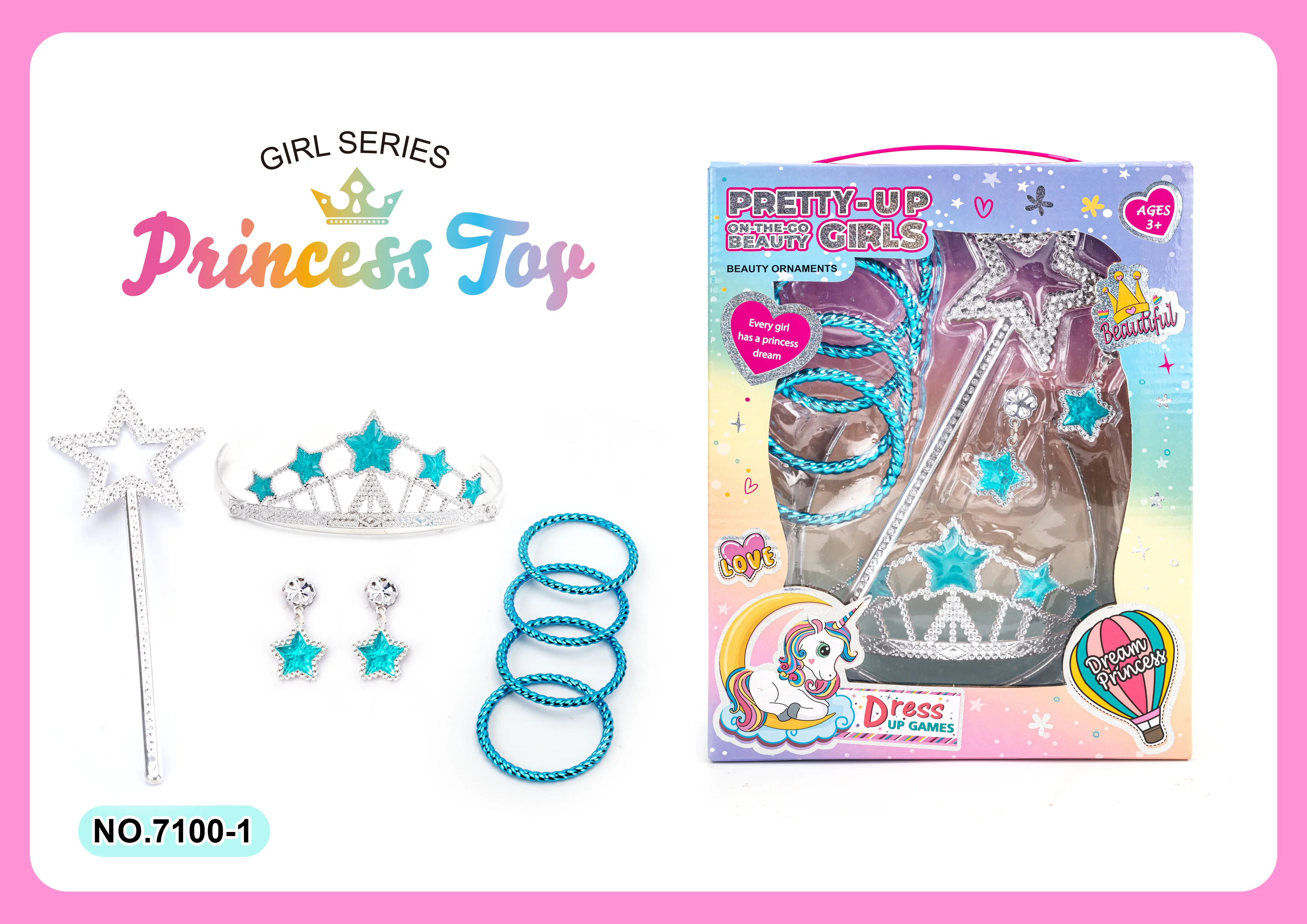Nourishing Your Tresses: The Ultimate Guide to Foods for Strong, Healthy Hair
When it comes to achieving luscious, strong hair, many people often turn to topical treatments, shampoos, and conditioners. However, the foundation of healthy hair lies in what we consume. Our diet plays a crucial role in the health of our hair, and understanding the nutrients that promote hair strength can lead to significant improvements. In this article, we will explore the essential vitamins, minerals, and foods that contribute to strong hair, providing you with a comprehensive guide to nourish your locks from the inside out.
The Science Behind Hair Health
Hair is primarily composed of a protein called keratin, which is produced by hair follicles. To support keratin production and maintain healthy hair, our bodies require a variety of nutrients. Deficiencies in these nutrients can lead to hair thinning, brittleness, and even hair loss. Therefore, a balanced diet rich in specific vitamins and minerals is essential for maintaining strong, vibrant hair.
Key Nutrients for Strong Hair
- Proteins: Since hair is made of protein, consuming adequate amounts is vital. Lean meats, fish, eggs, and legumes are excellent sources of protein. Incorporating these foods into your diet can help strengthen hair strands and promote growth.
- Omega-3 Fatty Acids: These essential fats are crucial for maintaining scalp health and promoting hair growth. Foods rich in omega-3s include fatty fish (like salmon and mackerel), walnuts, flaxseeds, and chia seeds. Regular consumption can help keep your scalp hydrated and reduce inflammation.
- Biotin: Often referred to as the hair vitamin, biotin is a B-vitamin that plays a significant role in keratin production. Foods high in biotin include eggs, almonds, sweet potatoes, and spinach. A deficiency in biotin can lead to hair loss, making it essential for those looking to strengthen their hair.
- Zinc: This mineral is crucial for hair tissue growth and repair. It also helps keep the oil glands around hair follicles functioning properly. Foods rich in zinc include oysters, beef, pumpkin seeds, and lentils. Ensuring adequate zinc intake can help prevent hair shedding and promote a healthy scalp.
- Iron: Iron deficiency is a common cause of hair loss, particularly in women. Iron helps red blood cells carry oxygen to your cells, including hair follicles. Foods high in iron include red meat, spinach, lentils, and fortified cereals. Pairing iron-rich foods with vitamin C sources (like citrus fruits) can enhance iron absorption.
- Vitamin A: This vitamin is essential for cell growth, including hair cells. It also helps produce sebum, an oily substance that moisturizes the scalp. Foods rich in vitamin A include carrots, sweet potatoes, and dark leafy greens. However, moderation is key, as excessive vitamin A can lead to hair loss.
- Vitamin E: Known for its antioxidant properties, vitamin E helps reduce oxidative stress on the scalp, promoting healthy hair growth. Nuts, seeds, and green leafy vegetables are excellent sources of vitamin E. Including these in your diet can help improve blood circulation to the scalp.
Foods to Incorporate for Strong Hair
Now that we understand the essential nutrients for hair health, let’s explore some specific foods that can help you achieve stronger hair:
- Salmon: Packed with omega-3 fatty acids and protein, salmon is a powerhouse for hair health. It also contains vitamin D, which is linked to hair follicle health.
- Spinach: This leafy green is loaded with iron, vitamins A and C, and folate, making it a fantastic choice for promoting hair strength.
- Eggs: A rich source of protein and biotin, eggs are an excellent addition to your diet for strong hair.
- Nuts and Seeds: Almonds, walnuts, and flaxseeds provide a healthy dose of omega-3s, zinc, and vitamin E, all of which are beneficial for hair health.
- Sweet Potatoes: High in beta-carotene, which the body converts to vitamin A, sweet potatoes can help promote a healthy scalp.
- Berries: Rich in antioxidants and vitamin C, berries can help protect hair follicles from damage and support collagen production.
Lifestyle Factors to Consider
While diet plays a significant role in hair health, it’s essential to consider other lifestyle factors that can impact your hair. Stress management, adequate hydration, and proper hair care practices are crucial for maintaining strong hair. Regular exercise can also improve blood circulation, delivering essential nutrients to hair follicles.
Conclusion
Achieving strong, healthy hair is a multifaceted process that begins with a balanced diet rich in essential nutrients. By incorporating protein, omega-3 fatty acids, biotin, zinc, iron, and vitamins A and E into your meals, you can nourish your hair from the inside out. Remember that consistency is key; it may take time to see significant changes in your hair's strength and appearance. Embrace a holistic approach to hair care, and you’ll be well on your way to flaunting the strong, vibrant locks you desire.




